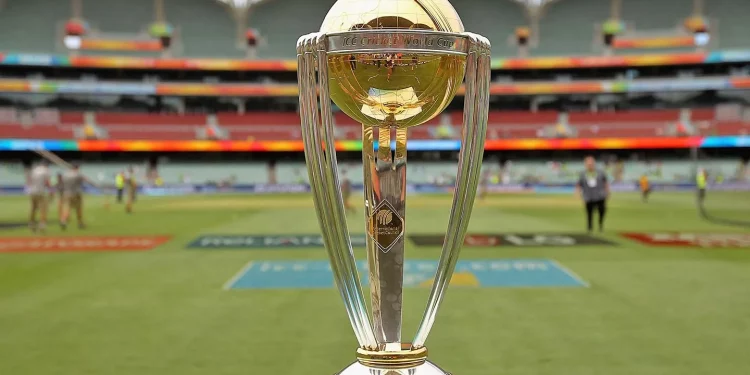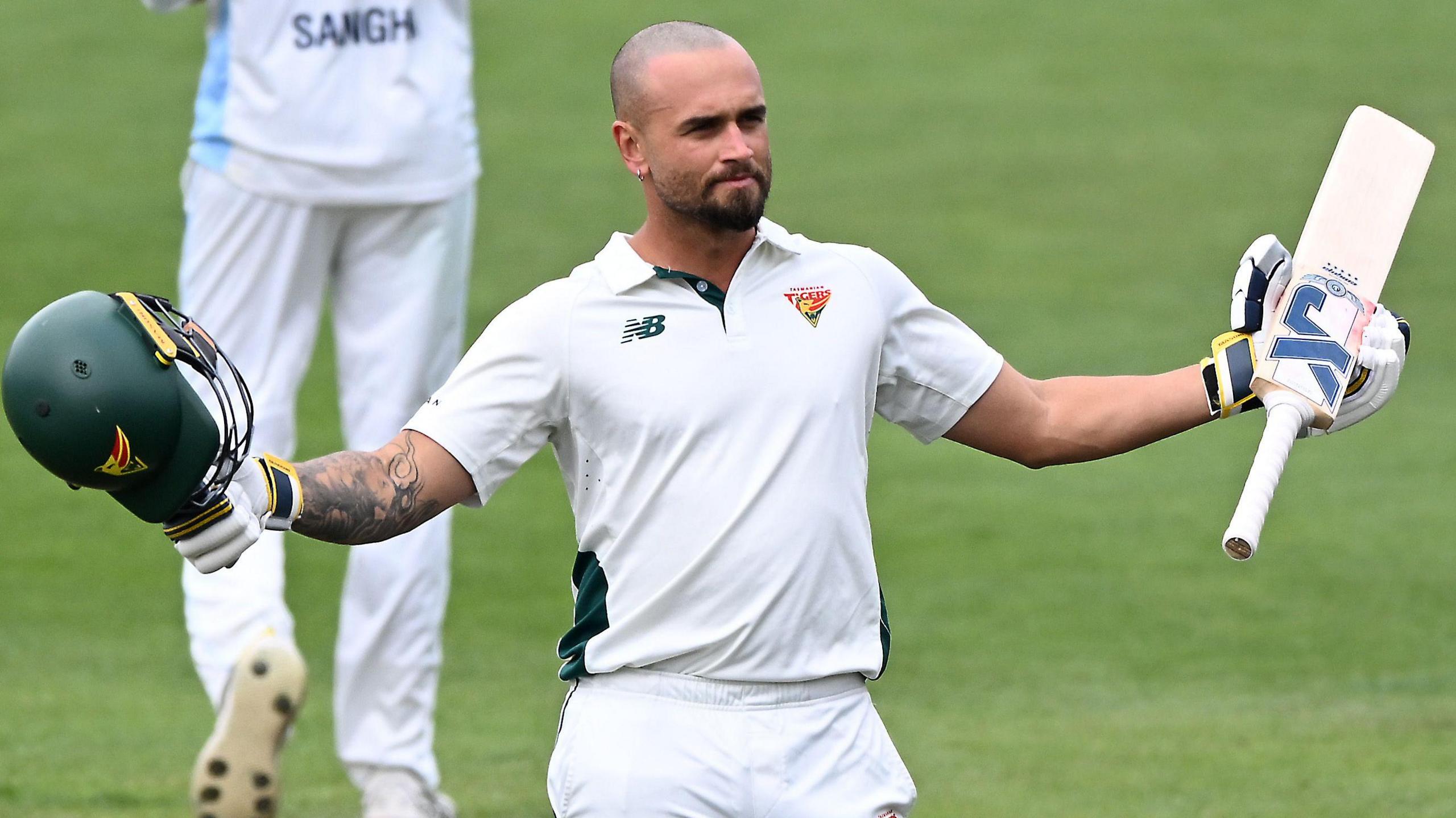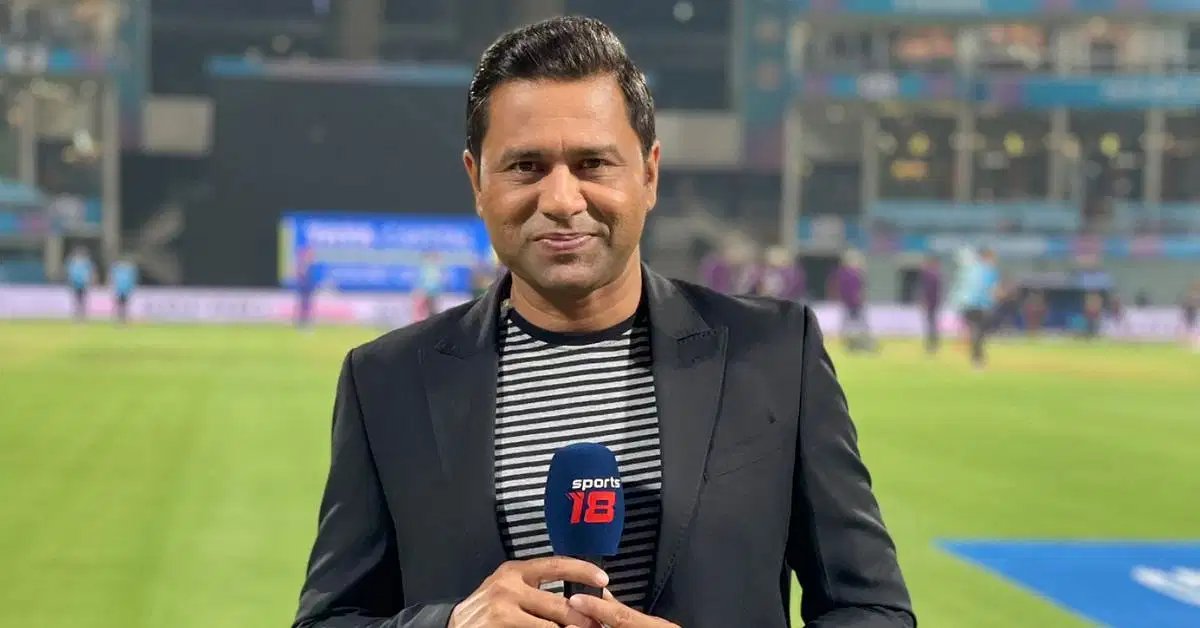All 10 nations will play one another in the ICC Men’s Cricket World Cup 2023, which will have the same format as the tournament’s four-year-old predecessor. This year’s tournament will be the last for the 10-team Group Stage, which has 45 thrilling matches to determine the last four competitors. A new format is scheduled to be introduced in 2027.
A exciting match between England and South Africa at The Oval marked the start of 2019 in that regard, with the home team winning to claim their first-ever ICC Men’s Cricket World Cup victory. The Group Stage, which lasted six weeks and saw each side play nine matches, fluctuated as new contenders arose.
A slow start did not necessarily guarantee that a team would not advance because of the format’s attractiveness. In 2019, Pakistan, for instance, got off to a very sluggish start, winning only one of their first five games, a 14-run victory over eventual champions England at Trent Bridge.
Despite this, Pakistan concluded the tournament with four straight wins to come within a hair’s breadth of qualifying, missing out on the semi-finals on net run rate. With momentum almost carrying them into the semi-finals as the top team, they finished level on points with the runners-up New Zealand and only one point behind England. Australia, who won six of their first seven games with a loss to India as the lone exception, was the first team to secure a spot in the last four.
India was the next team to secure their place in the semifinals after defeating Bangladesh and taking the Group Stage lead with seven victories out of nine games. The hosts and the Kiwis, though, found their finest form during the semi-finals since the World Cup is as much about timing your run as it is about being quick starts. The knock-out rounds were all about performing at the top of one’s game because every team had the opportunity to compete against the finest in the world.
At Old Trafford, the first matchup was between India and New Zealand, which lasted two days. The weather had an impact on the matchup. It came down to the wire, but Martin Guptill’s brilliant fielding to dismiss MS Dhoni in the penultimate over gave the Black Caps an 18-run triumph.
The day after, England was far more vehement in exacting revenge for their Group Stage loss to Australia, romping to an eight-wicket victory to secure a spot in the final for the first time since 1992. The final would crown a new champion for the first time in more than 20 years since Sri Lanka had won as one of the hosts in 1996 as a result of such results.
Later, England imitated the Sri Lankans, making history by doing it under the most dramatic conditions at Lord’s. After England batted in response and scored 241 for the same reason as New Zealand, they were bowled out for 241 to force a Super Over.
In the Super Over, the teams again went blow for blow, scoring 15 runs apiece, and England was declared the winner based on the number of boundaries they scored.
England demonstrated how to handle this Cricket World Cup format on their road to winning the trophy as winners of the opening game and champions of the final match.
The question now is whether they will be able to replicate the feat or if another side will show that they are the experts in the 10-team Group Stage configuration.






